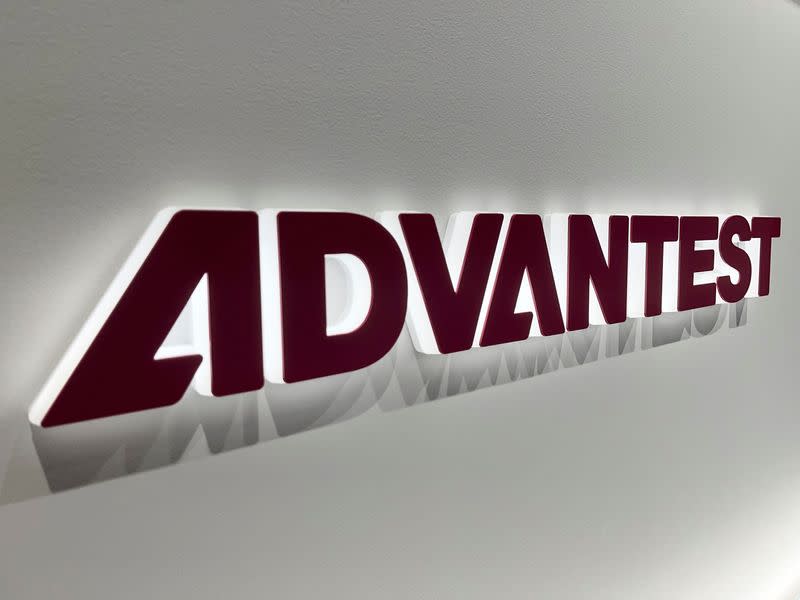Japan's Advantest says AI demand boosting memory tester business

By Sam Nussey
TOKYO (Reuters) - Japan's Advantest said on Wednesday booming demand for high bandwidth memory (HBM) used for artificial intelligence (AI) tasks is boosting its memory tester business.
HBM, a type of high performance memory where chips are stacked to save space and reduce power consumption, is used when processing the large amount of data needed for AI tasks.
"Currently, HBM makes up roughly 50% of our memory testing business and we see that continuing in the near-term," CEO Douglas Lefever said in an interview.
Advantest, a manufacturer of chip testing equipment, has been working with HBM since it was first produced in 2013 and is leveraging its relationship with memory makers, Lefever said.
The equipment maker's share in memory testers grew in the business year ended March and it is forecasting 47% growth in annual sales for the memory segment.
AI and the drive to improve chip performance is leading to increasingly complex combinations of components, which require extensive testing to check performance.
"It will drive the business from the cloud, the data centre ... but then what's really going to turbocharge things will be when those edge applications come out," said Lefever, who took up the post in April.
Edge AI refers to doing AI tasks on local devices rather than in centralised data centres.
The electronics industry, which has been hit by soft demand for smartphones, tablets and PCs, hopes the adoption of AI features will spur consumers to upgrade their devices.
"As these new devices come out, there's a lot of test content in them because they're more complex," said Lefever.
(Reporting by Sam Nussey; Editing by Christopher Cushing)

 Yahoo Finance
Yahoo Finance 